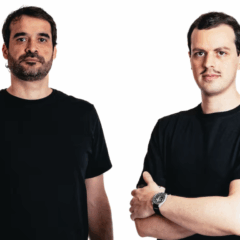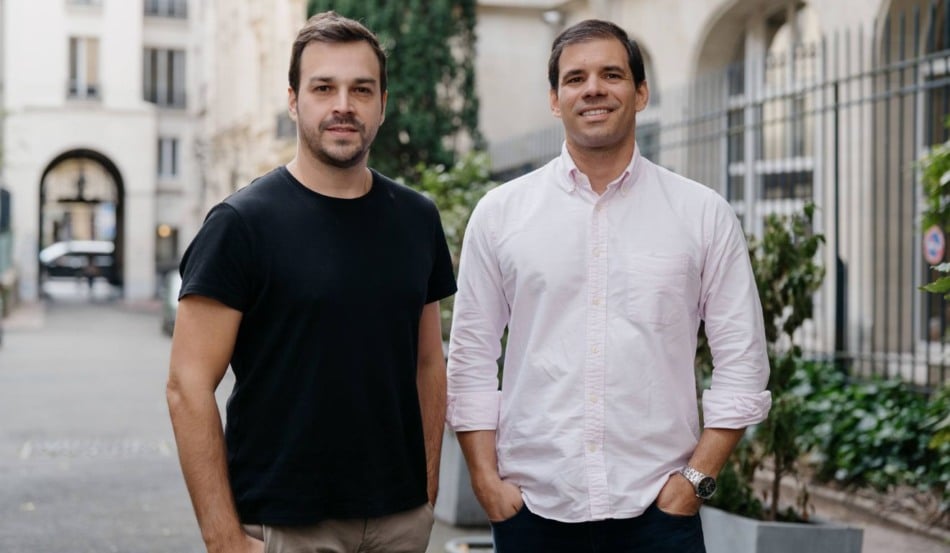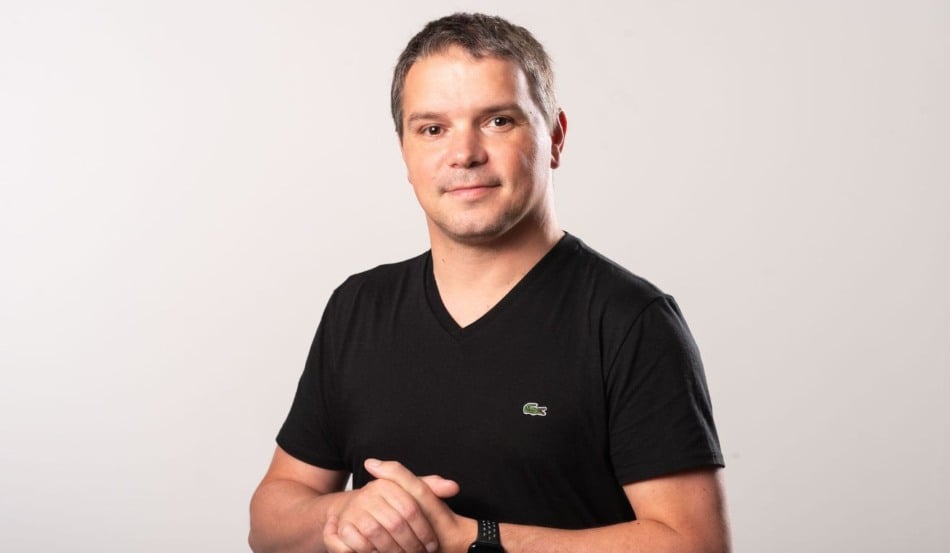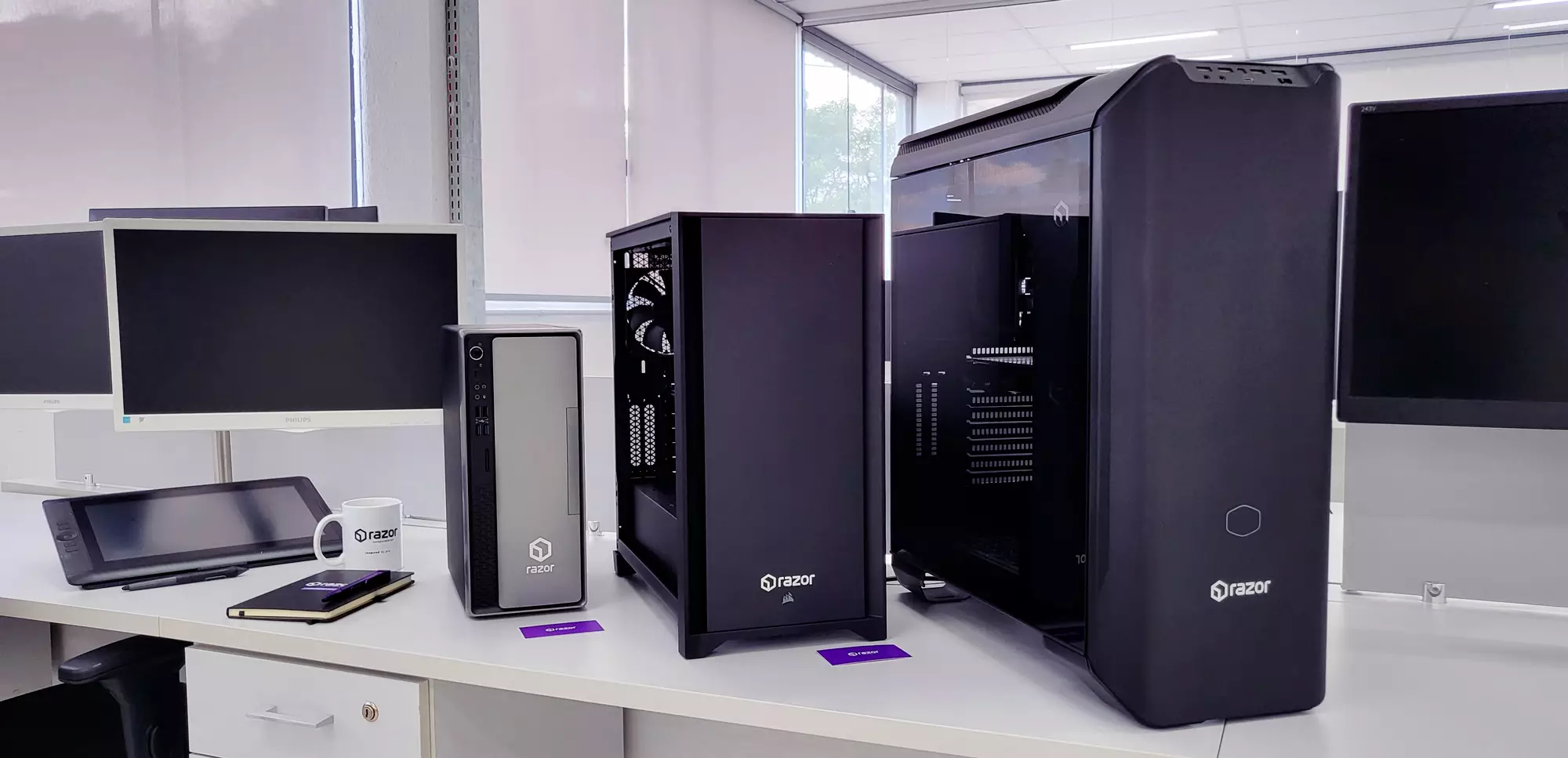
Almost half (49,88%) of Brazilian startups prefer to raise funds with angel investors, while only 19,71% tend to go for large venture capital funds. The findings emerged in the Investment Report 2022, a survey carried out by the Brazilian Startup Association (Abstartups) and BR Angels. A small part of the companies polled (13,30%) prefer investments from micro VCs, (7,13%) from government funds or entities and other means (9,98%).
The research, carried out in May 2022, surveyed 257 startups – from early-stage to Series A level – coming from all over the country. According to Orlando Cintra, founder and executive director at BR Angels, the purpose of the study was to map company profiles, where they tend to seek investments, as well as why and where they intend to use the funds in the coming months.
“I had already imagined that the percentage [of startups that prefer angel investment] was relevant, but not that it was that high,” Cintra said, in an interview with Startups. “The conclusion is that startups place a lot of emphasis on smart money, that is, what they can obtain beyond the money – and angel investment ends up bringing more opportunities in that regard.”
According to the survey, 31.7% of entrepreneurs expect the relationship with angel investors will help open doors to potential customers, as well as taking advantage of the investor’s network. “It’s more than mentoring. The question is not what investors know, but who they know, that is, who the startups will get out of this partnership”, Cintra pointed out.
Some 24.9% of the respondents believe that the partnership brings benefits such as advisory in specific areas (such as technology, sales and human resources); 20,7%, in the projection of the startup in the market; 10,2% in mapping the competition and positioning the business; 10,2% in professional development and 2,3% in other aspects.
Funds have already figured out that money alone is no longer a differentiator and began to expand their smart money strategy. The difference, according to Cintra, is in the structure. “Whoever puts money in the fund brings in the capital, but does not open doors to companies. Funds need to hire competent people and structure internal areas to help startups. In angel investing, the person who brings in the money is the same person who opens doors, commercially speaking”, he said.
According to the research, 37,7% of startups consider interactions with angel investors to be excellent and high-impact. Some 36,2% say it is good and has a positive impact; 16,7% consider these interactions to have a medium impact and 9,4% said a minor impact.
Key points
“What caught my attention was marketplaces being the main business model at the time of investment”, said Luiz Othero, executive director of Abstartups. According to the survey, although 40% of the startups mapped operate under the SaaS (software as a service) model, it is the marketplace that has great representation in terms of the volume of investments raised. Marketplaces account for 68,2% of investments, against only 14,88% for SaaS companies.
The study also shows a preference of investors for the B2B model, with 84,21% of investments raised. Next in line are B2B2C companies (12.,5%), followed by B2C (3,6%), business to government (0,8%), Peer-to-Peer (0,5%) and business to startups (0,1%). “Usually B2C requires a lot of cash burn, you need to spend more money to feed the machine and sell, because it’s massive”, BRAngels’ Cintra said.
Cintra noted that angel investments are smaller in B2C. “Maybe the angel doesn’t have so much gas to keep investing money and doing the follow-on investments”, he said. Cintra added that from the Series B stage onwards, the scenario tends to change. “B2B is more controlled, but it doesn’t usually grow as fast as B2C. Most unicorns are in the B2C space, because these companies grow a lot and quickly reach huge revenues and astronomical valuations”.
The study also confirmed some of the entities’ projections. Othero, from Abstartups, already expected a greater volume of investments in the Southeast region of Brazil, with 88,3% of funding. Next in line is the South region (8,3%), followed by the Northeast (2,4%), the Midwest (0,9%) and North (0,1%). The most relevant states, according to the survey, are São Paulo (91,9%), Santa Catarina (1,9%), Minas Gerais (1,7%), Rio de Janeiro (1,5%) and Paraná (0,9%). “This was a confirmation of a reality that we have to change. There are innovative hubs and communities all over the country, but if we don’t bring them to light, they will never receive the proper attention”, the executive said.
Othero also picked some trends to keep an eye on. Among them are govtechs, as the government moves to digitize all of the Federal Administration services by the end of 2022, and ESG, with funds being created with focus on the triad becoming increasingly relevant to companies.
The 257 startups polled also indicated their priorities to be increase in revenue/sales (47,5%); funding (20,2%); product optimization (9,7%); technological platform optimization (8,6%); increase or development of the team (7,4%); search for mentors/advisors (3,9%) and improvements in customer retention (2,7%).
“Startups prioritizing growth was a positive surprise because we were hoping it would be fundraising or hiring talent. The secret to success is to care about growing, solidifying the business and then seeking capital. Fundraising and then thinking about growing is the wrong formula, which often doesn’t bring results”, said Cintra from BR Angels.
Time to panic?
According to the executives at BR Angels and Abstartups, the current scenario really requires attention, but it’s not the end of the world.
“There are a lot of people pressing the panic button, saying that they will no longer have money for investment and that a lot of bad things are going to happen. But it’s not like that. For startups, it’s a time to have more control, not spend on what won’t bring guaranteed return and grow without depending on the next round”, Cintra said.
“For companies that have already been controlling their costs and are growing in the right way, it’s a matter of reviewing and continuing along the same lines. For investors, this is a great time to analyze every situation, reduce FOMO and look at fundamentals without taking any hasty actions. Both need to tighten their belts and understand that the scenario has changed. We cannot ignore what is happening, but the situation is not catastrophic”, he added.
According to the executive, the greater scarcity of capital could increase startups’ preference for angel investors. “The money for investments will not cease to exist, but it will be in smaller amounts for larger rounds. VCs will have less appetite for investment, but I believe the early stage will not change much. It won’t beat last year’s record, but compared to the average in the last 5 years, it should grow”, said the director at BR Angels.
With the euphoria dying down, processes to obtain funding can become trickier. “It will be a scenario more focused on the analysis of operational performance and indicators that each startup achieves to receive large rounds of investment”, says Luiz Othero. Even with the uncertainties, the 257 startups interviewed expect, within the next 24 months, to triple their revenue (58%); double revenue (37%); retail the same revenue (2,7%) or have no revenue, with a very low percentage increase (2,3%).
(translation by Leandro Miguel Souza, editing by Angelica Mari)







